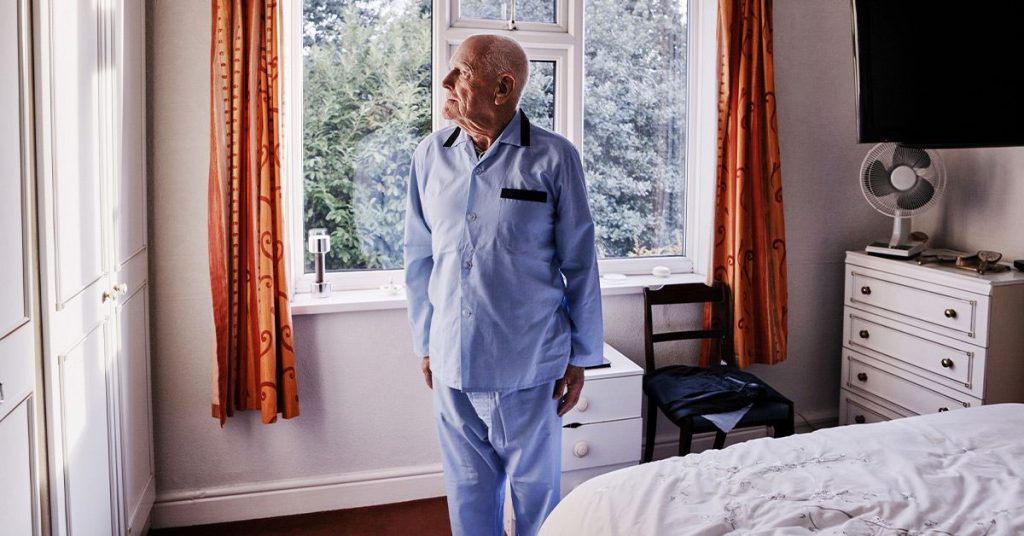A recent study presented at the Alzheimer’s Association International Conference in 2024 has found a possible link between supine sleeping position and neurodegeneration. The study, which has not yet been published in a peer-reviewed journal, is based on earlier research that suggests an association between sleep position and neurodegenerative diseases. Previous studies have found that sleeping more than two hours in a supine position may increase the risk of neurodegenerative conditions. Researchers utilized the Sleep Profiler, a device developed by Advanced Brain Monitoring, to monitor participants’ sleep positions and analyze their risk for neurodegenerative disorders.
Daniel J. Levendowski, president of Advanced Brain Monitoring and lead author of the study, explained that the accumulation of neurotoxins in the brain begins around midlife and can contribute to neurodegeneration later in life. Sleep position plays a role in the efficient flushing of these toxins during sleep. The researchers found that participants with neurodegenerative conditions spent more time in the supine position compared to the control group. This suggests a strong association between supine sleep and conditions such as Alzheimer’s disease, Parkinson’s spectrum disorder, and mild cognitive impairment.
While the study establishes a connection between sleep position and neurodegeneration, further research is needed to determine if supine sleep causes these conditions. Because sleep is crucial for the flushing of neurotoxins from the brain, factors such as sleep deprivation and untreated sleep apnea can also impact the risk of neurodegeneration. Daniel Truong, MD, a neurologist, emphasized the need for integration with established treatments and lifestyle recommendations when considering the impact of sleep position on brain health. He suggested that discussions with patients about their sleep habits could be beneficial, especially for those with conditions like sleep apnea.
Truong also highlighted the importance of good sleep hygiene and overall lifestyle factors in reducing the risk of developing neurodegenerative conditions. While there is some emerging research suggesting a potential connection between sleep position and brain health, Truong urged readers to consult with their doctor for personalized advice. While sleeping in certain positions, such as on your side, may facilitate the brain’s clearance of waste products through the glymphatic system, evidence is not strong enough yet to recommend specific sleep positions for disease prevention. Prioritizing overall lifestyle factors, including diet and exercise, is key in reducing the risk of neurodegenerative diseases.
In conclusion, while the study provides insight into the link between supine sleep and neurodegeneration, further research is needed to establish causality. Integrating this information with existing treatments and lifestyle recommendations can be beneficial in managing conditions like Alzheimer’s and Parkinson’s. Consulting with a healthcare provider for personalized advice on sleep habits and overall brain health is essential. Prioritizing good sleep hygiene and lifestyle factors is crucial in reducing the risk of developing neurodegenerative conditions.


